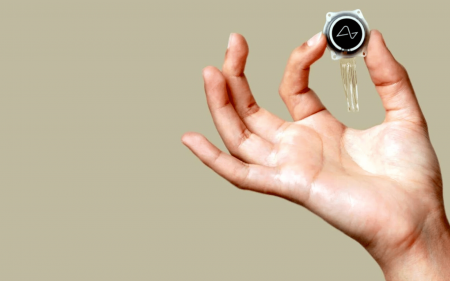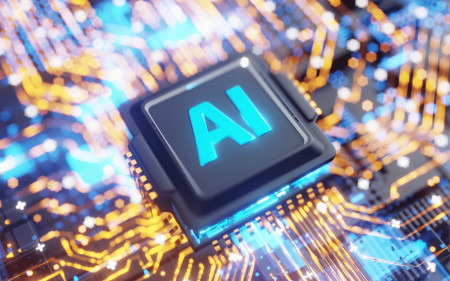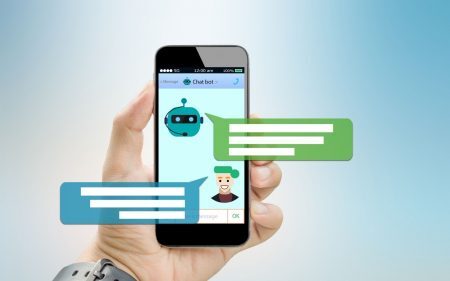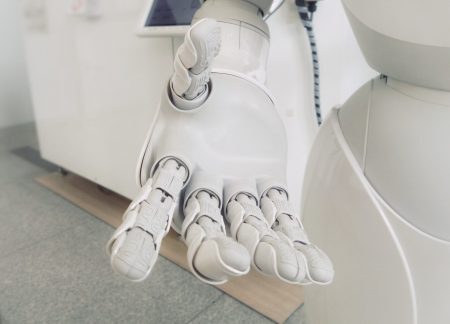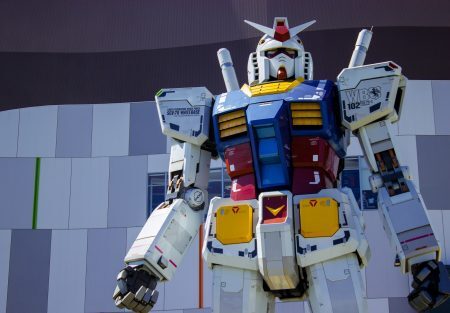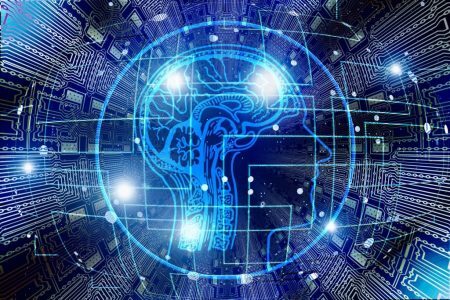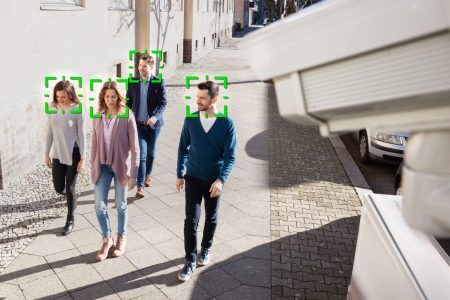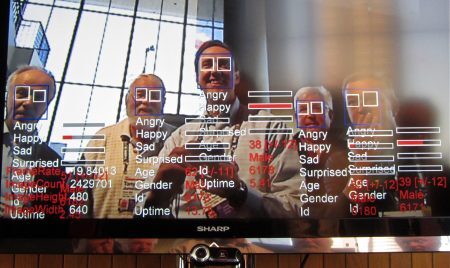The goal of transhumanists is to improve human beings so they will perform better. In doing so, they contribute above all else…
Browsing: humans
Artificial intelligence pioneer Geoffrey Hinton made headlines earlier this year when he raised concerns about the capabilities of AI systems.…
I regularly fly with KLM from Minneapolis to New Delhi, and always stop over in Amsterdam. I am frequently in…
The history of humans’ use of technology has always been a history of coevolution. Philosophers from Rousseau to Heidegger to…
In the 2012 film “Robot and Frank”, the protagonist, a retired cat burglar named Frank, is suffering the early symptoms…
Artificial intelligence (AI) is learning more about how to work with (and on) humans. A recent study has shown how AI can…
Facial recognition is increasingly being used in many countries around the world. In some cases the take up has been dramatic. As a result, people are being observed by cameras more than ever, whether in stores, on public transit, or at their workplaces.
Being creative is clearly one of the most remarkable human traits. Without it, there would be no poetry, no internet and no space travel. But could AI ever match or even surpass us? Let’s have a look at the research.
Attempts have been made to come up with rules of phone etiquette during face-to-face interactions. But why do these devices that are meant to connect us when we’re far apart seem to cause so much division when we’re close together?
In its annual report, the AI Now Institute, an interdisciplinary research center studying the societal implications of artificial intelligence, called for a ban on technology designed to recognize people’s emotions in certain cases.

